
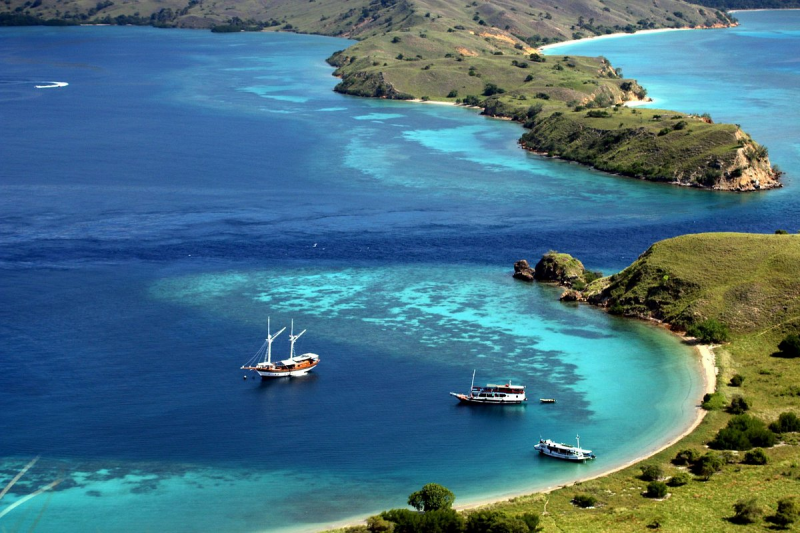
Introduction
Indonesia, the world's largest archipelago stretches across more than 17,000 island and boats an astonishing diversity of ecosystems. As global interest in sustainable tourism rises, Indonesia stands as a destination where natural beauty and environmental consciousness intersect. Travelers seeking meaningful, eco-friendly experiences will find endless opportunity of connecting with the environment, support local communities, and protect the planet.
Eco-Friendly Mindset
Indonesia has made significant progress in promoting environmentally responsible practices. Many regions now embrace plastic-free initiatives, community led conservation projects, and sustainable tourism models that supports both natural and local livelihoods. Travelers are encouraged to adopt a "leave-no-trace" ethic, conserve water, avoid single-use plastics, and choose eco-certified accommodations and tour operations. This mindset supports Indonesia's broader mission to preserve biodiversity for generations to come.
Top 3 Cities
(opinion)
1. Yogyakarta
2. Ubud (Bali)
2. Bandung
Yogyakarta blends heritage and sustainability. Known for its arts scene and close proximity to natural attractions like Mount Merapi, the city promotes community-driven tourism. Eco-villages, cycling tours, and organic markets make it ideal for travelers seeking culture and exploration.
Ubad is Bali's green heart. It's a haven for wellness, sustainable living, and rainforest retreats. From permaculture to eco-resorts built with bamboo. the town champions environmental harmony while offers travelers deep spiritual connections.
Nestled among mountains, Bandung is known for its cool climate and growing eco-tourism movement. Travelers can enjoy sustainable fashion outlets, botanical gardens, geothermal wonders, and scenic tea plantations that emphasize responsible agricultural practices.



Adventure
Indonesia is adventure-packed! Visitors can trek active volcanoes, surf world-class waves in Canggu, or dive into vibrant ancient caves in Raja Ampat. These experiences not only thrill but also deepen appreciation for Indonesia's natural forces and fragile ecosystems.


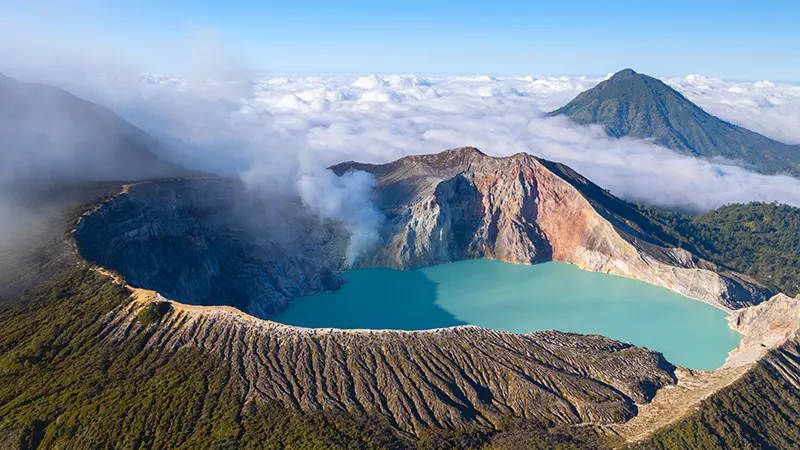

Nature
For nature lovers seeking tranquility, Indonesia offers rainforest hikes, waterfall excursions, mangrove tours, and serene rice terrace walks. Snorkeling in marine protected areas provides glimpses of colorful reefs, while boat rides through emerald lakes and rivers bring you closer to untouched wilderness. Each activity highlights the country's immense ecological diversity.


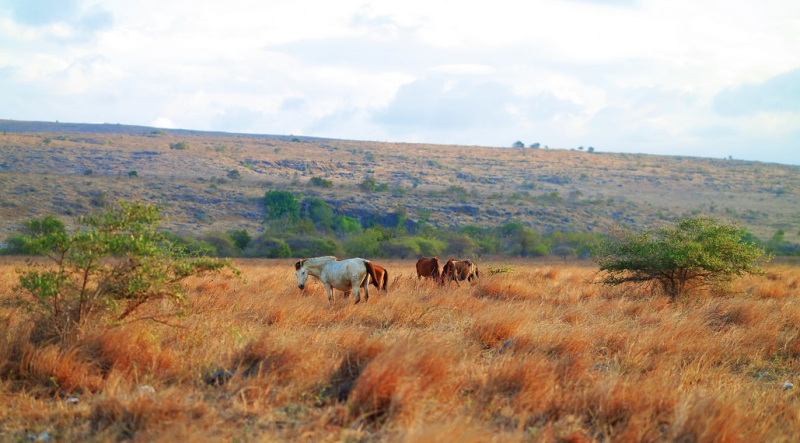

Wildlife
Indonesia is home to home of the world's most unique species. The islands shelter orangutans, Komodo dragons, anoa, tarsiers, and countless endemic birds. Conservation centers across Sumatra, Kalimantan, and Sulawesi allow visitors to observe endangered species responsibly, supporting ongoing rehabilitation and habitat protection efforts.
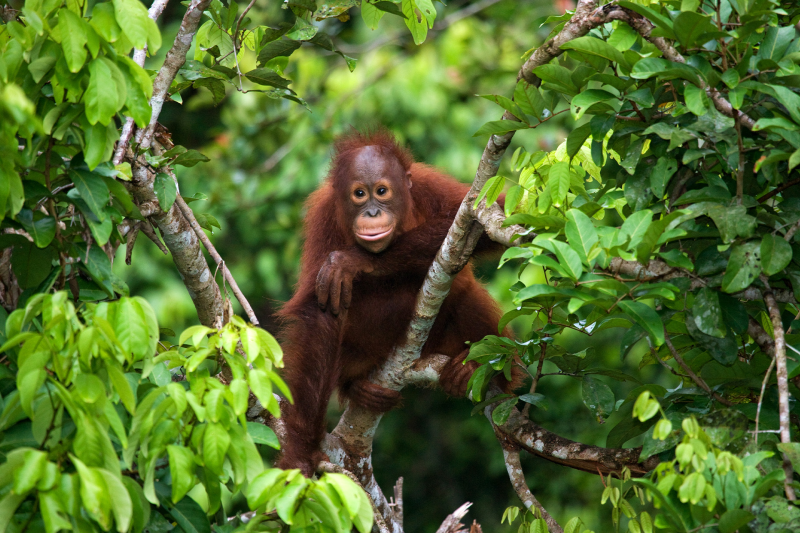
Housing/Lodging
Eco-friendly accommodation options are expanding rapidly. Travelers can stay in bamboo lodges, jungle eco-resorts, sustainable homestays, or solar-powered bungalows. Many properties prioritize rainwater harvesting, organic gardens, waste reduction, and community hiring practices.
Best Times to Visit
Dry Season (April-October): best for outdoor adventure, peak tourism, consistent sunshine
Shoulder Season (March & November): Few crowds, good weather, mixed indoor-outdoor activities
Rainy Season (November-March): Heavy rainfall, slower, quieter experiences, vibrant forests
Culture
Indonesia's cultural fabric is as rich as its ecosystems. With over 300 ethnic groups, visitors can experience traditional dances, weaving, woodcarving, spiritual ceremonies, and vibrant local markets. Indonesian culture is deeply interconnected with nature, and many customs honor the land, sea, and ancestral knowledge that sustains local communities.
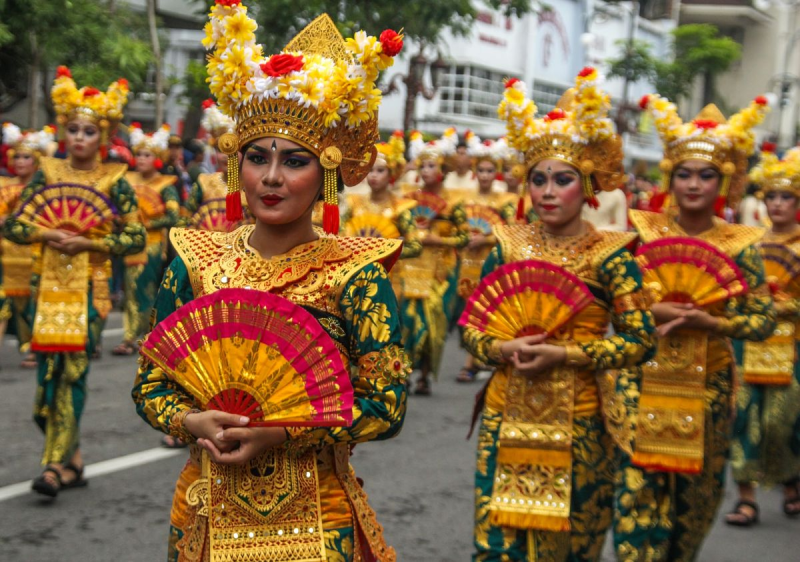
Sustainability at Heart
Sustainability is becoming central to Indonesia's future. National parks expand conservation zones, communities protect reefs and forests, and local organizations promote ethical tourism. Travelers play an essential role by choosing environmentally respectful experiences, supporting indigenous artisans, and advocating for the preservation of natural heritage.
Add comment
Comments